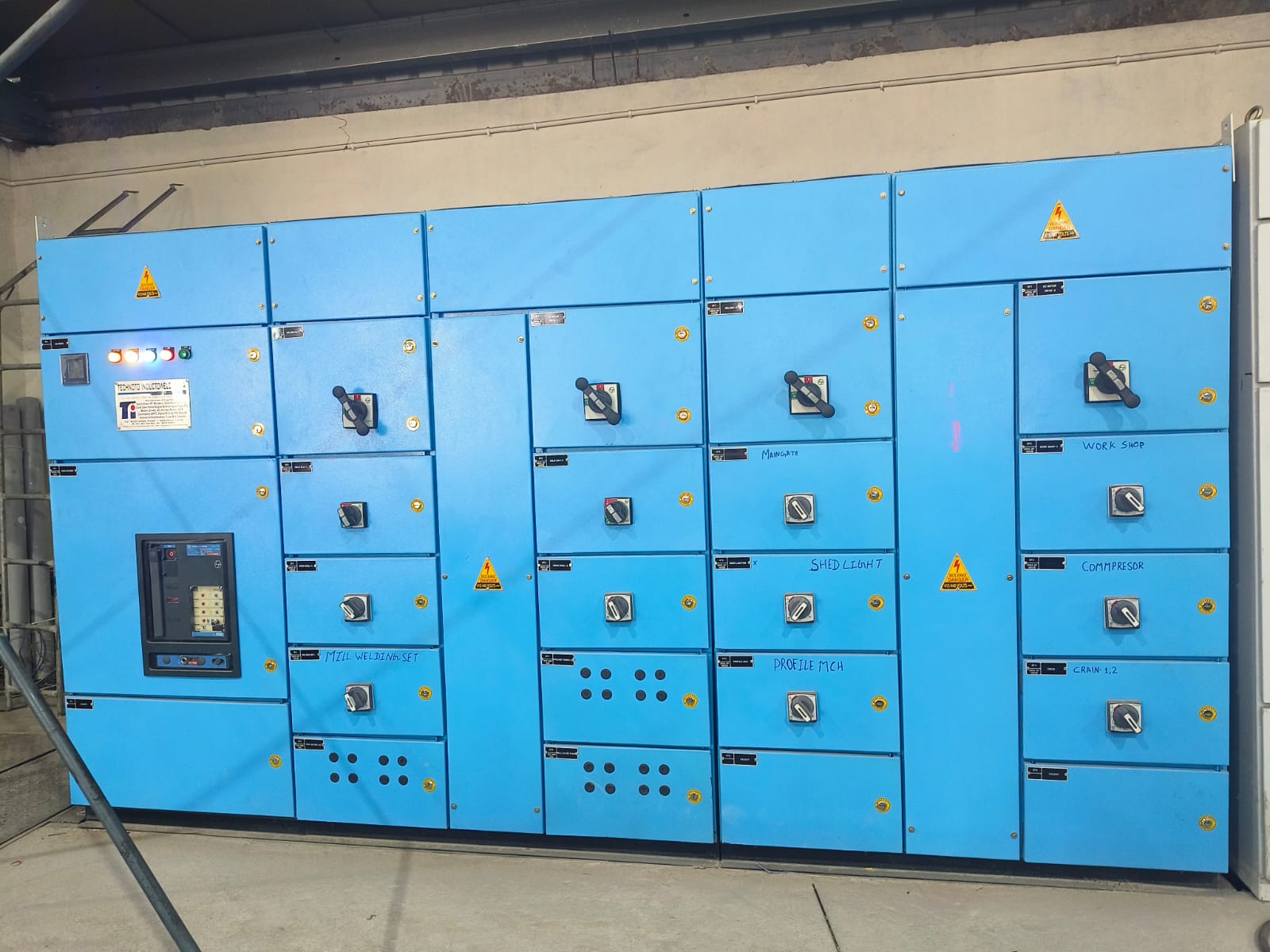SHORT DESCRIPTION:
Electrical panels serve as centralized control hubs in industrial and commercial settings, managing and distributing electrical power to various components and systems. These panels play a critical role in ensuring the safety, reliability, and efficiency of electrical infrastructure.
Typically, electrical panels house circuit breakers, fuses, relays, and other protective devices that regulate the flow of electricity. They are designed to organize and safeguard electrical connections, preventing overloads and short circuits that could lead to equipment damage or fires. These panels also facilitate easier maintenance and troubleshooting by providing a structured layout for electrical components.
In industrial applications, electrical panels control machinery and processes, managing power distribution to motors, sensors, and other devices. Advanced panels may incorporate programmable logic controllers (PLCs) and human-machine interfaces (HMIs) for automation and real-time monitoring, enhancing operational efficiency.
In commercial buildings, electrical panels regulate power distribution for lighting, HVAC systems, and various electrical outlets. Smart panels with energy management features contribute to energy conservation and cost reduction.
In summary, electrical panels serve as vital components in managing and controlling electrical systems. Their design and functionality are crucial for maintaining electrical safety, optimizing operational efficiency, and ensuring the reliability of electrical infrastructure in diverse applications.
